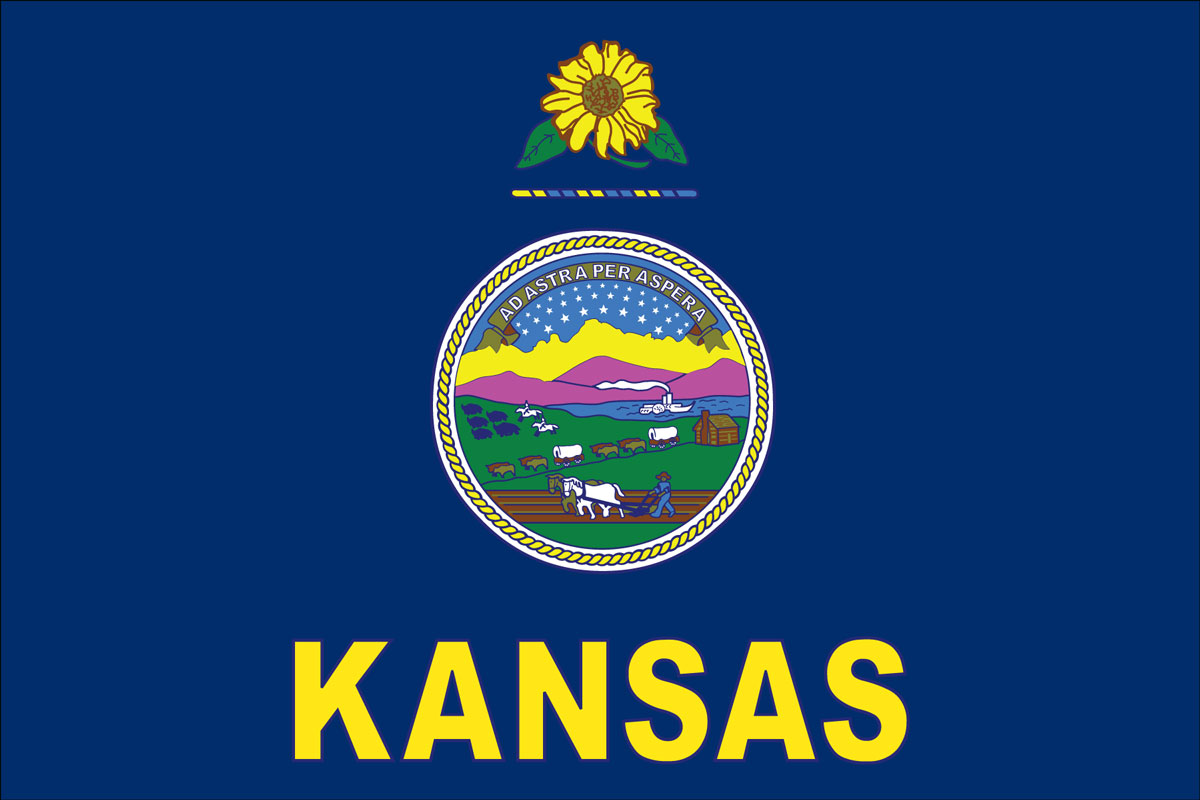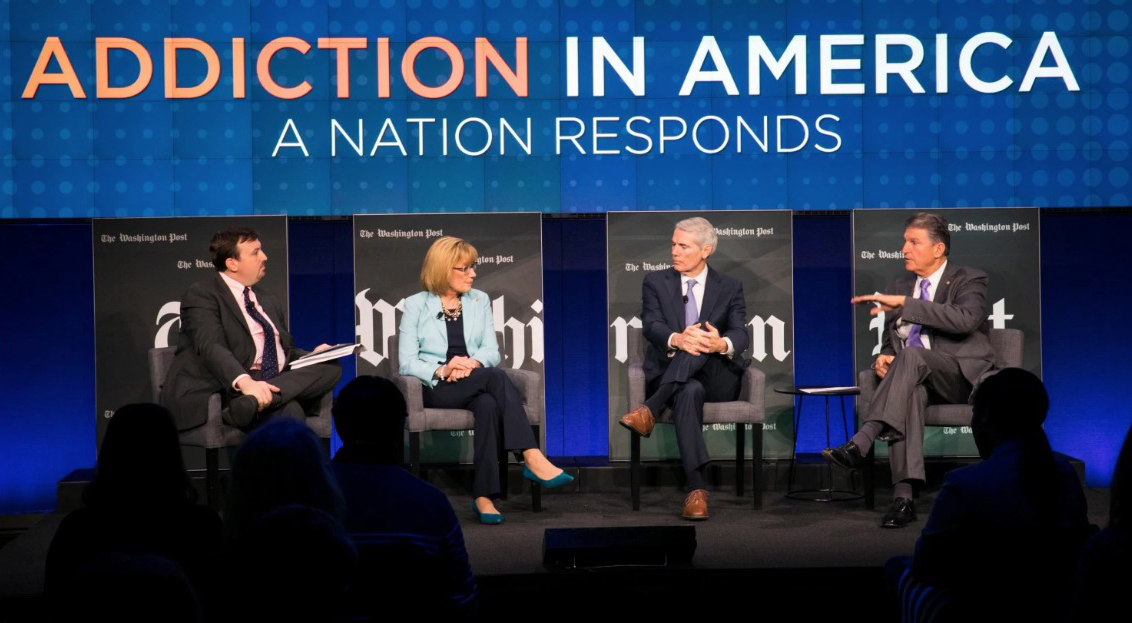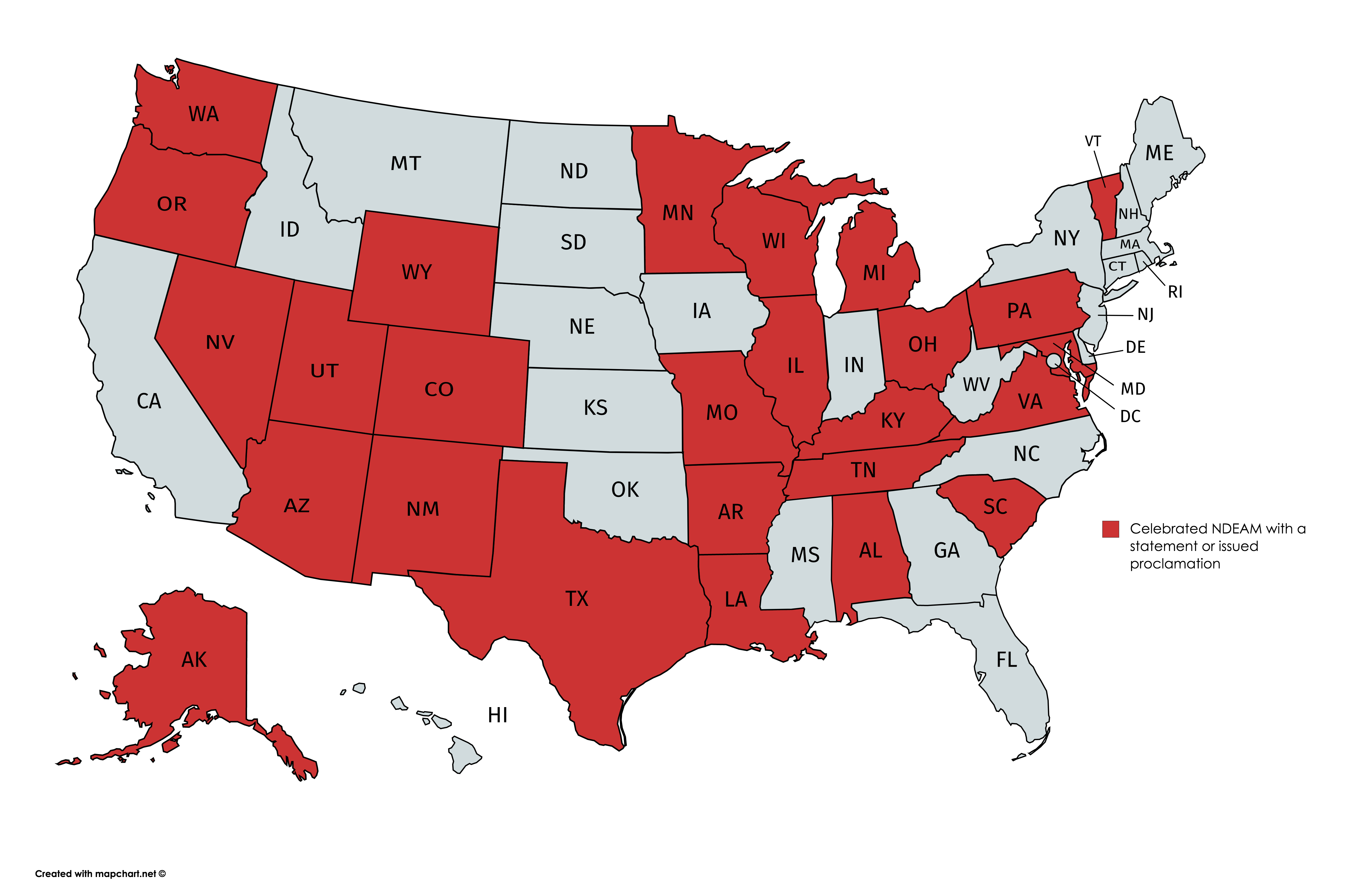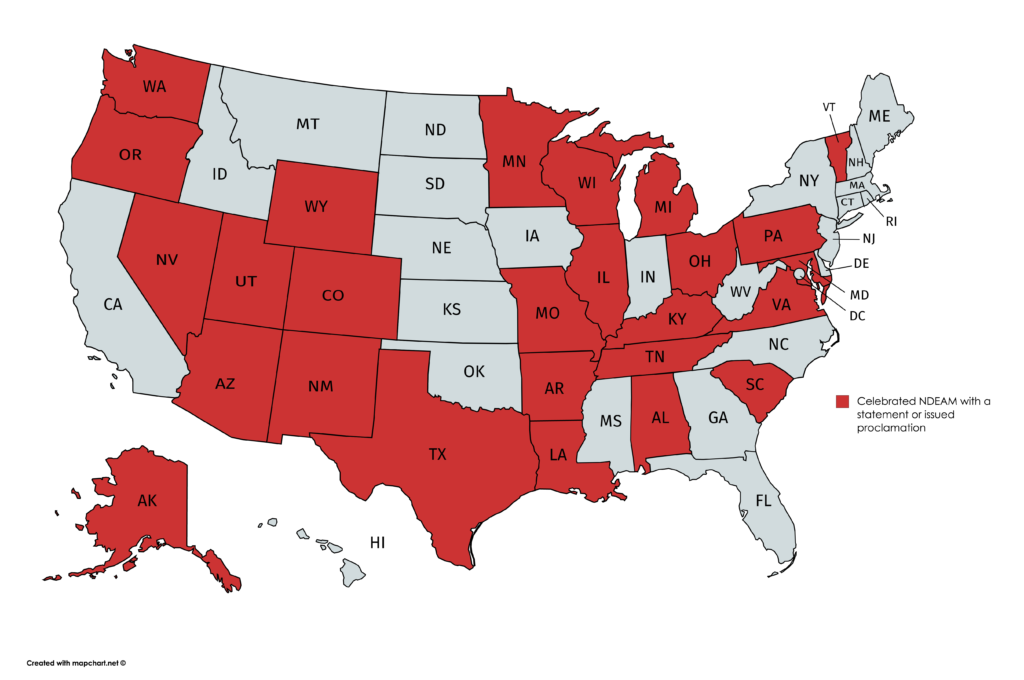Washington, March 22 – The Supreme Court ruled unanimously Wednesday in favor of higher educational standards for children with a disability in one of the most important education cases in decades.
The case, Endrew F. v. Douglas County School District, argued just how much educational benefit public schools must provide. While some lower courts had ruled the need for a “meaningful” educational benefit, others required only a bit more than de minimis – the bare minimum.
During the hearing, the Supreme Court discussed nine different levels of standards of education. They ruled unanimously (8-0) that schools must do more than provide “merely more than de minimis” education for students with a disability and instead provide them with the opportunity to make “appropriately ambitious” progress.
There are roughly 6.4 million students with disabilities between ages three to 21. Roughly 13 percent of all American students are students with disabilities, making this case important for a wide group of students.
Chief Justice John Roberts wrote the opinion, stating that a school must offer an individualized education program that is “reasonably calculated” for each child’s circumstance in order to meet its obligations under the Individuals with Disabilities Education Act (IDEA).
“It cannot be right that the IDEA generally contemplates grade-level advancement for children with disabilities who are fully integrated in the regular classroom, but is satisfied with barely more than de minimis progress for children who are not,” the opinion read.
The “merely more than de minimis” language has been used in other special education cases in the lower courts, including by Judge Neil Gorsuch, President Donald Trump’s nominee for the Supreme Court. Gorsuch answered questions on the new ruling during his hearing before the Senate Judiciary Committee today.
The Judge David L. Bazelon Center for Mental Health Law, a national legal advocacy organization advancing the rights of people with mental disabilities, often advocates for students with disabilities to receive the educational opportunities other students receive.
Prior to the decision, Ira Burnim, Legal Director of the Bazelon Center for Mental Health Law, said: “We hope that the Supreme Court will issue a decision in Endrew F. that recognizes that an ‘appropriate’ education for students with disabilities is one that reflects the expectations we have for all students.”
Each year 300,000 students with disabilities leave school – almost 40 percent without a high school degree. Only 65 percent of students with disabilities complete high school, which is a key contributor leading to just 1-in-3 Americans with disabilities having a job, causing many people with disabilities to live a life of poverty. This, in turn, leads to high costs of government benefits for those not working, plus the increased risk of falling into the school-to-prison pipeline. Indeed, there are more than 750,000 people with disabilities behind bars in our country today, most of whom are illiterate.
“As someone with a disability, who also knows what it means to parent a public school student with multiple disabilities, I am thrilled with this decision,” said Jennifer Laszlo Mizrahi, president of RespectAbility, a nonprofit fighting stigmas and advancing opportunities for people with disabilities. “School for students with disabilities today can be a disaster. Our family had to move so that our children could go to a great public school that does the right things for students with disabilities. However, most people do not have the flexibility to pick up and move to a different school district. Every child should have access to the education and skills they need to succeed. This Supreme Court decision can mean that students with disabilities can succeed, just like anyone else.”
In 1975, Congress passed a federal law requiring school districts to provide a “free appropriate public education” for children with disabilities, which includes individualized education plan (IEP) for students to be included in public schools. The law also provided federal funds for these services. The act was renamed IDEA in 1990. Unfortunately, IDEA has never been fully funded, leading to some school districts struggling to keep up.
Endrew F. (Drew), a boy with autism, was not improving his public school, so his parents sent him to a private school where he progressed at a much quicker pace. Under IDEA, parents can receive tuition reimbursement from the school district if their child does not receive enough “educational benefit” from public schooling. Drew’s parents were denied, leading to this case.
The U.S. Court of Appeals for the Tenth Circuit in Denver ruled that the school district was required to provide Drew only with an education that gave him a “benefit” that was “merely more than de minimis” – and that the school district had done that. The Supreme Court accepted Drew’s parents’ challenge to that decision and ultimately rejected it.















